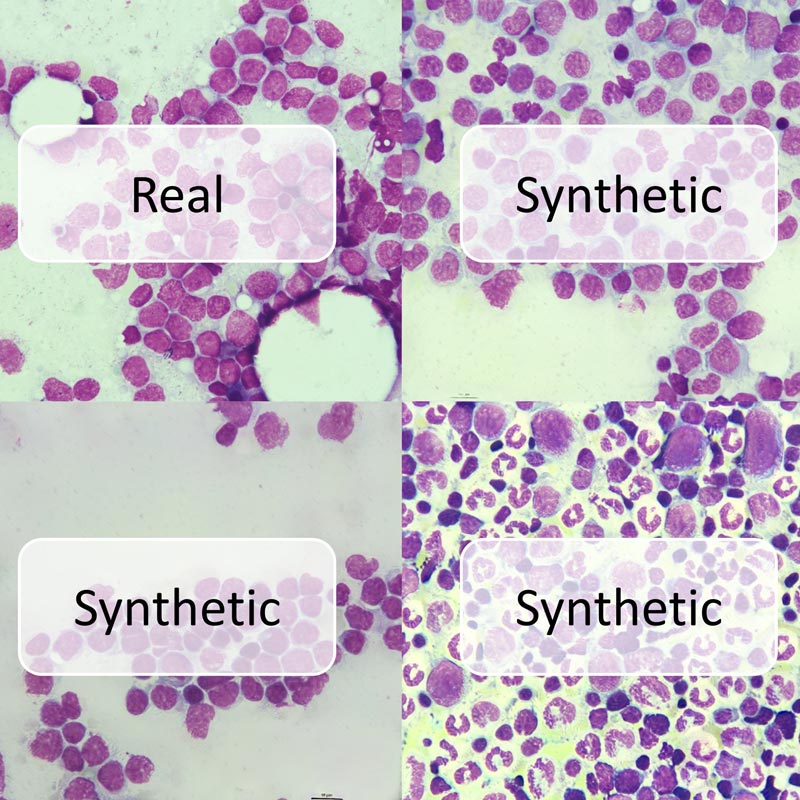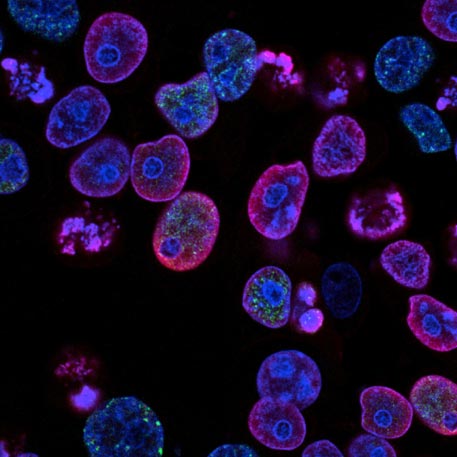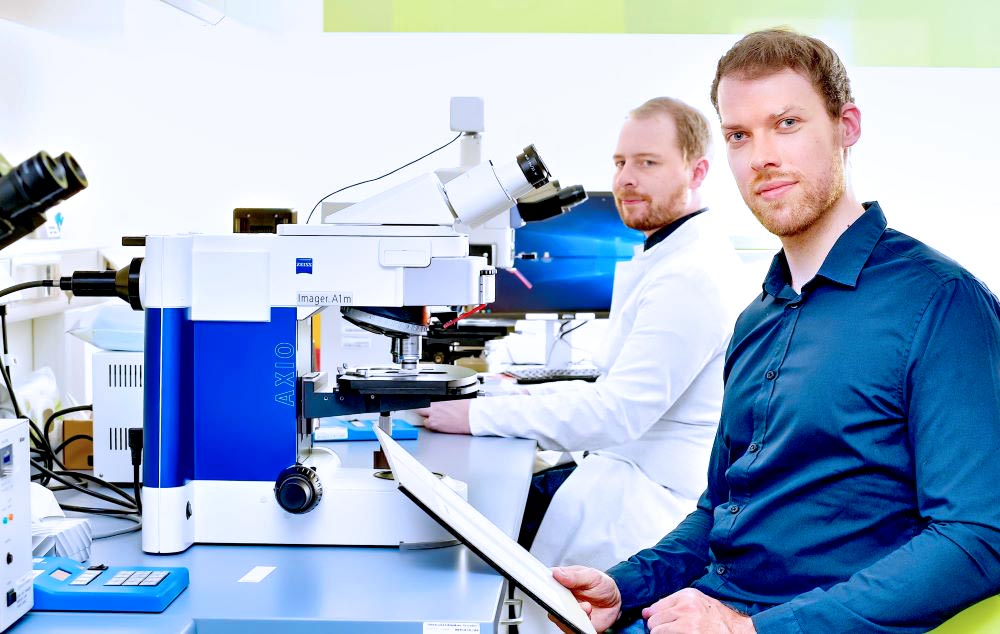Cancer is a biologically heterogenous disease. Given the genetic complexity of cancer entities, we employ unsupervised learning to identify distinct patient clusters that differ in disease biology and outcome.
Using a data-driven machine learning model to do so allows us to better understand genetic interactions that drive tumorigenesis, progression and relapse. This information can then be used to tailor individual treatment concepts to different genetic subgroups of patients.
Currently, we use our model to identify novel clusters in acute myeloid leukemia that impact patient survival in a large multi-center cohort of newly diagnosed patients from the German Study Alliance Leukemia and the German-Austrian AML Cooperative Group.
We now aim to transfer our prototype to other hematologic and oncologic entities. For instance, we currently explore age-dependent genetic clusters across pediatric and adult leukemia in collaboration with colleagues from the Fred Hutchinson Cancer Center Seattle.
Publication:
Eckardt JN, Röllig C, Metzeler K, et al. Unsupervised meta-clustering identifies risk clusters in acute myeloid leukemia based on clinical and genetic profiles. Commun Med (Lond). 2023;3(1):68. Published 2023 May 17. doi:10.1038/s43856-023-00298-6
https://www.nature.com/articles/s43856-023-00298-6




